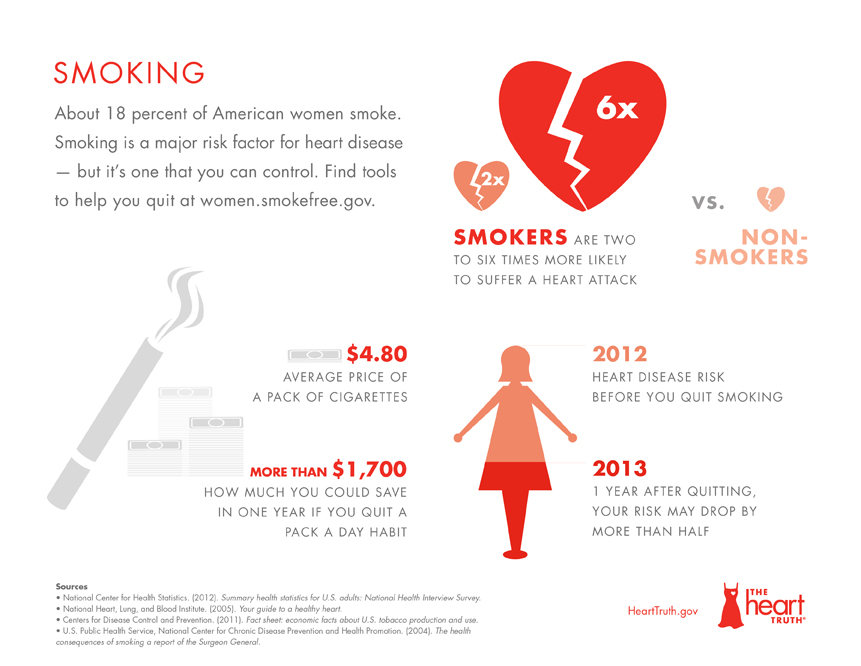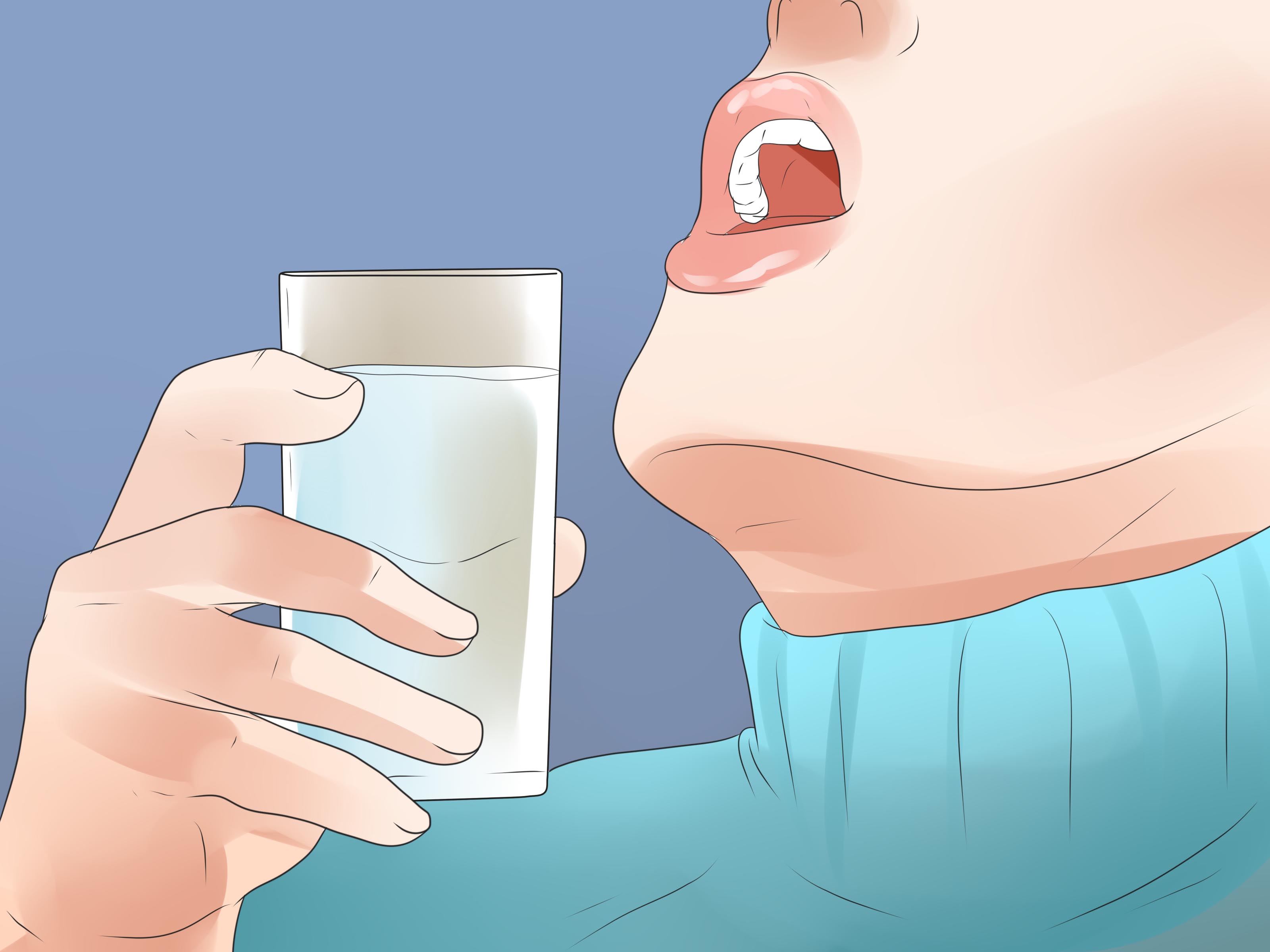Premature heart attacks and strokes constitute a significant amount of burden in worldwide healthcare. The good news, however, is that 80% of premature heart attacks and strokes are preventable. Combating risk factors like unhealthy diet, lack of physical activity, smoking, using tobacco products, high blood pressure, high cholesterol, and high blood sugar or diabetes can certainly decrease morbidity and mortality associated with these conditions.
Learn “ABCDE” of Healthy Lifestyle
ABCDE is the correct measurement of the health and lifestyle of a person.
A : A1C control(Blood Sugar)
B: Blood Pressure control
C: Cholesterol control
D: Diet Control
E: Exercise Control
Tips to Avoid Heart Attack or a Stroke
1. Follow a Healthy Diet
Convenience food has become one of the biggest factors that has driven all of us. ‘You Are What You Eat’. It is important to eat healthy and balanced diet in order to have healthy and fit heart and circulation system.
- Healthy diet contributes to heart health through limiting sodium intake, managing weight, limiting alcohol and increasing consumption of vegetable, fruit, whole grain and low-fat dairy products.
- Follow DASH (Dietary Approaches to Stopping Hypertension) as raised blood pressure is a risk factor for stroke and heart attacks. This diet plan can reduce blood pressure by 8–14 mmHg.
- Shake your salt habit: WHO recommends a reduction in sodium intake to less than 2 grams per day of sodium (5 grams per day of salt) in individuals 16 years of age and older.
2. Take Regular Physical Activity
- Physical inactivity (lack of physical activity) has been identified as the fourth leading risk factor for global mortality (6% of deaths globally).
- WHO recommendations suggest that children and adolescents should accumulate at least 60 min of moderate-to-vigorous intensity PA per day.
- For adults, the recommendations call for a minimum of 30 min of moderate-to-vigorous intensity physical activity per day.
3. Avoid Alcohol, Tobacco and Smoking
- Tobacco in every form is very harmful to health – smoke or smokeless: cigarettes, cigars, pipes, or chewable tobacco. Exposure to Passive smoking is also dangerous. The risk of heart attack and stroke starts to drop immediately after a person stops using tobacco products.
- Limit consumption of alcohol to no more than consumption 2 drinks per day in most men, and to no more than 1 drink per day in women and lighter weight per-sons.
http://www.omilights.com/passive-smoking-harmful-health-effects/
4. Stress Management
Stress per se may not be a risk factor for stroke and heart attacks but may affect behaviour and factors that increase heart disease risk: smoking, drinking, physical inactivity, high cholesterol, high blood pressure. Too much stress can make a person to drink, eat (high fat and high salt food) or smoke uncontrollably. So, manage your stress.
5. Check and Control your Overall Cardiovascular Risk
An important aspect of preventing heart attacks and strokes is by providing treatment and counselling to individuals at high risk (those with a 10 year cardiovascular risk equal to or above 30%) and reducing their cardiovascular risk. A health worker can estimate your cardiovascular risk using simple risk charts and provide the appropriate advice for managing your risk factors.
http://www.omilights.com/five-ways-to-avoid-heart-disease/
- Know your blood pressure: Blood pressure is considered to be raised or high, when the systolic blood pressure is equal to or above 140 mm Hg and/or the diastolic blood pressure is equal to or above 90 mm Hg (WHO, 2013).
It is considered the most significant modifiable risk factor for cardiovascular disease and is identified as the primary risk factor for mortality around the world (WHO, 2013). Nevertheless, it is not always taken seriously and often poorly controlled
- Know your blood lipids: Raised blood cholesterol and abnormal blood lipids increase the risk of heart attacks and strokes. Blood cholesterol needs to be controlled through a healthy diet and, if necessary, by appropriate medications.
- Know your blood sugar: Raised blood glucose (diabetes) increases the risk of heart attacks and strokes. If you have diabetes it is very important to control your blood pressure and blood sugar to minimize the risk. Experts advice to keep diabetes in control as cardio vascular level has to be controlled otherwise, this could lead to heart attack. Therefore, it is important to look after the factors that lead to diabetes. Because, the moment a person knows he has diabetes the cardio vascular risk multiples to 2.8 times.Diabetes results into imbalance in metabolism, high glucose resulting in the formation of fatty material inside the blood the vessels.
- Maintain a healthy weight: Maintain a healthy body weight (body mass index of 18.5 to 24.9). Lose weight if you are overweight.
Also Read:
Importance of Kidney on World Kidney day
Why does Estrogen Level Matter for Female Health?
Diabetes and Oral Health- Lesser Known Facts
What is Heart Attack Gender gap?
How can I avoid Heart attack or Stroke?
How to keep kidney healthy and prevent its damage?
3 Common Heart Problems-Symptoms, Prevention and Cure
5 Ways to avoid Heart Disease
7 Ways How Depression In Men & Women Is Different
Kidney Health, Transplantation, Kidney Day & Themes





